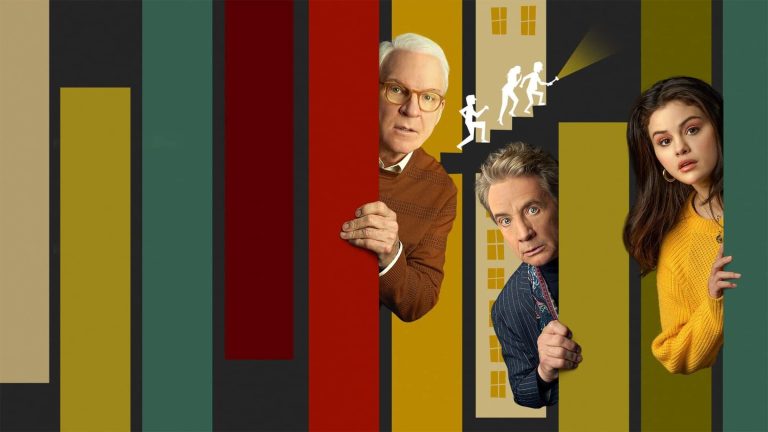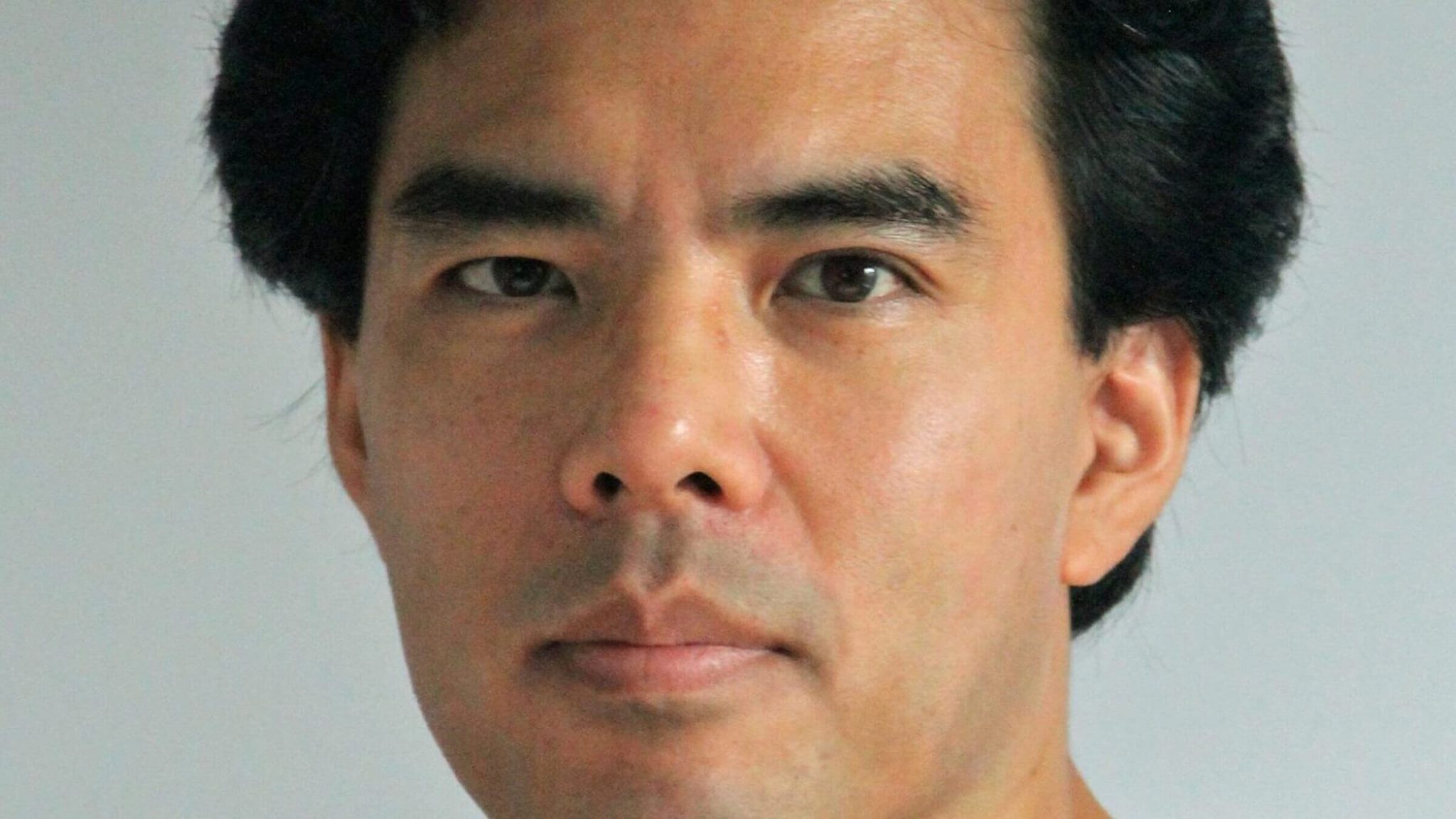Writers’ Retreats, Mindfulness and Living the “Dream”: Interview with Jen Grisanti

Today we're pleased to feature a special one-on-one interview with Story/Career Consultant Jen Grisanti.
Since launching her consulting firm, Jen Grisanti Consultancy, Inc., Jen has worked with over 800 writers specializing in television, features and novels. Due to her guidance, seventy-five of her clients have staffed as writers on television shows, forty have sold pilots, and five of those pilots have gone to series.
Jen is also a writing instructor for NBC's Writers on the Verge, a former studio executive, and author of Story Line: Finding Gold In Your Life Story, TV Writing Tool Kit: How To Write a Script That Sells, and her upcoming book, Change Your Story, Change Your Life.
ScreenCraft: Can you tell us a little bit about Jen Grisanti Consultancy, Inc.?
Jen Grisanti: Yes! I started Jen Grisanti Consultancy, Inc. 9 years ago, and it is a writers’ consultancy where writers pay me a fee per project to basically have their own private studio executive. I am a 12 year studio executive and I’ve been a writing instructor for NBC for the last 9 years. My business is all about making the dream happen for writers. Taking a writer from non-working, to creating a writing portfolio and helping to elevate their writing so that they can staff, sell pilots, and prepare for being a working writer.
SC: Tell us more about NBC’s Writers on the Verge.
JG: So Writers on the Verge is a diversity writing program that has been in existence for 10 years. Every May we receive about 2000 submissions and narrow it down to 8 select writers who then go through a 12 week bootcamp program which is all planned around preparing them for staffing, selling their pilots, and creating a career as a working writer.
SC: Can you share a client success story?
JG: Well, I’ve had 43 clients sell pilots. There are so many stories I could go into! One of my early on success stories came to me as a writer in his mid-30’s—great writer with a career—but coming in at a very challenging time for writers. His best friend was a diversity writer that I began working with and eventually they brought me a couple of scripts they had been working on together. I worked with them together on three scripts and UTA loved two of the three scripts. So, we worked on creating a fourth script, they got into UTA, and then four days days later they were staffed on Lie To Me and everything just aligned. They were on Lie to Me, Army Wives, Narcos, Shooter, Animal Kingdom… and what is so fascinating about their story is everything that had happened was first created on a vision board. Which aligns with the whole spiritual aspect of all of my major client success stories. The number one ingredient is belief that it is going to happen. I work with writers almost equally on both craft and the emotional part of believing in their talent.

SC: Do you ever prescribe yoga and meditation to your clients?
JG: Oh yeah. I definitely believe that both practices, or any practice that forces you to have internal time to connect with self, are practices that are tremendous outlets for writing.
SC: Who would benefit the most from your upcoming writing and yoga retreat in Nicaragua?
JG: This retreat is definitely not just for screenwriters. It is a retreat for anyone who is interested in creating the type of life they want to be living—which goes in hand with yoga and mediation. So it is a wonderful experience for anyone who has an idea and is wondering what platform to go to with that idea, and how to take it from a seed to a real possibility. This experience is for anyone who wants to dive deeper into story and understand how to communicate their own story, as well as for the screenwriter wanting to complete their script or take it to the next level.
The whole reason I go to retreats is for transformation. And the community is a large part of what makes that transformation. Surrounding yourself with people who are working on their own transformation helps you find solidarity. Then doing the emotional exercises through the writing, through the yoga, through the branding and through the self awareness, brings you into your purpose. I’ll never forget when I went on the Tulum retreat. I would ask myself every single day, “what do I want from this?” And that is a huge part of the writing process, defining what it is you want.
SC: How would this retreat benefit a writer?
JG: There is something magical and transformational that happens when you are away and are talking about your story, understanding your story, and having the time to listen to the stories of others. This sheds light on what you have going on. The practice intertwines with the writing because during the practice you are processing all that you’re learning, just with yourself, moving through the practice of yoga. This really helps you to know what you have to say as a result of what you've gone through in your life and now you've been given this framework to move through that. So the practice of yoga and meditation allows you time to process what you’re learning and then it moves toward the outcome.
The yoga community attracts the type of person who really wants to move to the next level, both spiritual and physically. It’s the idea of "how can I be better" and not compete with others, but only compete with myself. As we evolve in the practice, we evolve in life and it’s the same with writing. But you have to be willing to really go inside. The gift of yoga is that it is going to take the wall down, which will elevate the writing process.

SC: What are some of the healing properties of writing?
JG: A large part of what I do is narrative therapy. The stories we tell ourselves about what is going on can get in the way of our success. A lot of what I do is helping writers do the emotional work with their healing by taking it to the page so that they can move past their own blocks that are getting in the way of their success. If you ask yourself, “why am I not a working writer?” therein lies your answers. Is it because you don’t have a writing routine? Do you not have a portfolio? Are you afraid to ask your contact to read your script? Do you believe in yourself? Because if you don’t believe in yourself, how is anyone else supposed to believe in you? So it’s really about identifying your wounds and how those blocks are getting in your way. Once you get a grasp on your wounds, you can begin healing. It is through healing that you begin to understand your narrative and find confidence in your story.
SC: What is the process that you use with clients?
JG: So I have a story system that I developed through the writing of my book Story Line: Finding Gold in Your Life Story. I recognized my strengths as an analyst and extracted a formula to pass on to my writers so that they can hit those pinnacles in their writing. Everything I do starts with my basic system, which is that every story starts with a powerful trigger incident that leads the central character into a dilemma. The dilemma leads to two choices: to fall victim to what happened to you, or become an active hero in the pursuit of the dream. So when the central character chooses to become active in the dilemma, that defines the external goal in that story arc. So they define their pursuit by choosing which part of the dilemma to go with (the active part) and then every obstacle needs to connect back to that goal. It’s when the goal is not clear that the story doesn’t work. Adding to that, is how does the personal dilemma connect to the professional pursuit, and how do you make the professional pursuit one step toward healing the personal dilemma. So that is a little taste of the process...
SC: What is one piece of advice you’d give to a fresh unseasoned writer?
JG: You are exactly where you should be. And how you choose to respond to that, is what defines your character. So when I look at the writer who has an idea of becoming a working writer, it’s not going to happen overnight. Writing is an internal journey as much as it is an external journey. So you have to work on the education of the craft, but also do the emotional work so that you can connect the technical part of writing with the internal part of writing. That is what gives you results, because the internal and emotional truth is what is going to connect you to your audience.
To Learn more about Jen Grisanti’s upcoming Change Your Story, Change Your Life Writing and Yoga Retreat, please visit Altaretreats.com/Nicaragua
Tags
Get Our Screenwriting Newsletter!
Get weekly writing inspiration delivered to your inbox - including industry news, popular articles, and more!


























